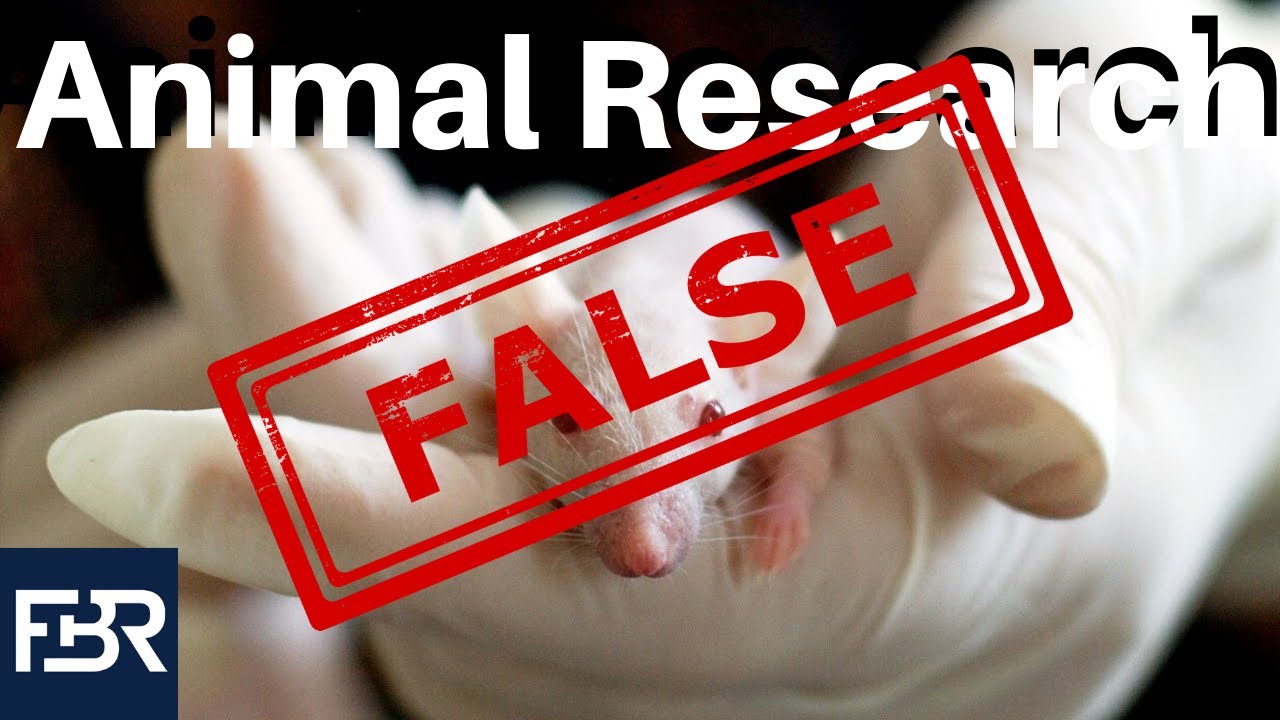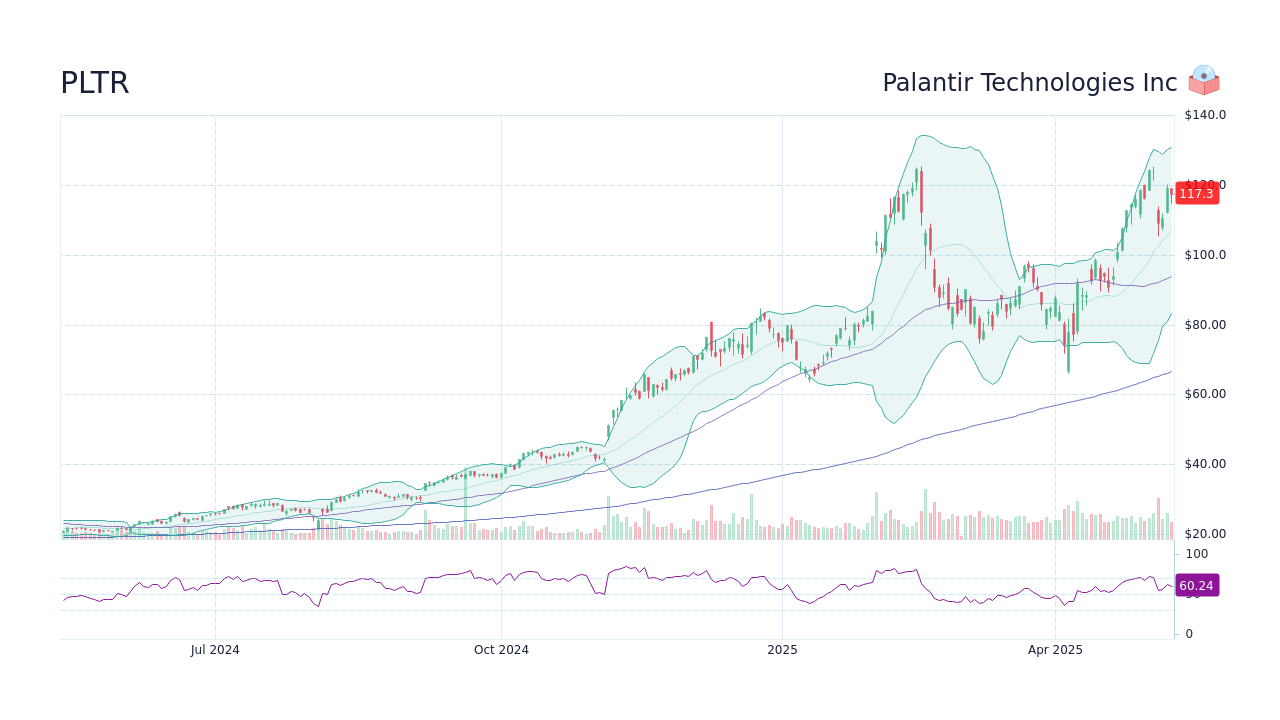The Truth About US Funding In Transgender Animal Research Studies

Table of Contents
Sources of US Funding for Transgender Animal Research
Understanding the funding landscape is crucial to comprehending the scope of transgender animal research in the US. Funding comes from a variety of sources, each with its own processes and priorities.
Federal Funding Agencies
The primary source of federal funding for biomedical research in the US is the National Institutes of Health (NIH). While dedicated grant programs specifically labeled "transgender animal research" are scarce and difficult to isolate, research indirectly related to this field could be funded through various NIH institutes depending on the research question. For example, research focusing on hormonal impacts on sexual differentiation might fall under the purview of the National Institute of Child Health and Human Development (NICHD) or the National Institute of Mental Health (NIMH). Similarly, the National Science Foundation (NSF) might fund research on animal behavior related to sex determination, though again, isolating projects directly related to the "transgender" aspect is challenging.
- Challenges in Data Acquisition: Precise figures on funding specifically allocated to transgender animal research are difficult to obtain. This is partly due to the lack of a dedicated funding category and the broader nature of many relevant grant proposals.
- Peer-Review Process: All grant applications, regardless of their subject matter, undergo rigorous peer review by experts in the field. This ensures the scientific merit and ethical soundness of proposed research before funding is awarded.
Private Funding Organizations
Private foundations and charities also play a role, although their involvement in this specific research area is likely less significant than that of federal agencies. Identifying specific private organizations funding this type of research requires in-depth investigation as this information is not always publicly available in a centralized database. Potential motivations for private funding could include philanthropic interests in advancing scientific understanding of sex differences, supporting research on gender dysphoria, or promoting animal welfare within scientific research.
University and Institutional Funding
Universities and research institutions often provide internal funding for research projects through various mechanisms, including departmental grants, seed funding initiatives, and internal competitive grants. Securing internal funding for research on transgender animals might face challenges due to the relative novelty and potentially controversial nature of the topic. The evaluation process typically involves internal review boards assessing the scientific merit and ethical implications of the proposed research.
Types of Transgender Animal Research Funded
The research funded in this area is varied but broadly falls under a few key categories.
Hormonal Effects and Sexual Differentiation
A significant portion of research might focus on the impact of hormones on animal development and sexual behavior. This research utilizes various animal models, including rodents, birds, and fish, to study the complex interplay between genes, hormones, and the development of sexual characteristics.
- Ethical Considerations: These studies raise crucial ethical considerations concerning animal welfare. Researchers must adhere to stringent ethical guidelines and regulations set by Institutional Animal Care and Use Committees (IACUCs).
- Examples: Studying the effects of hormone manipulation on brain development or reproductive function in animal models provides insights into potential mechanisms underlying sex differences, some of which might have relevance to human transgender experiences.
Behavioral Studies
Another area of focus involves studying the behavior of animals with altered hormonal profiles or sex characteristics. This research might examine mating behaviors, social interactions, or other behavioral patterns.
- Challenges in Interpretation: It is crucial to emphasize that while animal models can provide valuable insights, directly extrapolating behavioral findings from animals to human transgender experiences requires caution and a careful consideration of species-specific differences.
Medical Research Applications
While currently limited, research might explore potential medical applications relevant to human health. This could involve developing new treatments for gender dysphoria or investigating reproductive health issues.
- Extrapolation Limitations: It’s vital to understand that results from animal models are not always directly translatable to humans, and further research, including human-focused studies, is necessary for clinical applications.
Ethical Considerations and Public Perception
The ethical implications of transgender animal research are paramount.
Animal Welfare Concerns
The welfare of animals involved in any research must be prioritized. Strict adherence to ethical guidelines established by IACUCs is crucial. These committees review research proposals to ensure that animal use is justified, minimizes suffering, and adheres to the highest standards of care.
Public Misconceptions and Misinformation
Public perception regarding this research area is often shaped by misconceptions and misinformation. It is essential to address these inaccuracies with accurate, evidence-based information. Responsible reporting by scientists and journalists plays a vital role in promoting public understanding and reducing stigma.
Transparency and Public Access to Information
Transparency in research funding and results is vital for public trust. Open access to grant award information and research findings promotes accountability and allows for independent scrutiny. Efforts to make this information readily available should be a priority for both funding agencies and researchers.
Conclusion
In conclusion, US funding for transgender animal research, while not easily quantifiable due to the dispersed nature of relevant grants, originates from various federal agencies, private organizations, and universities. The research conducted encompasses hormonal effects, behavioral studies, and potential medical applications. However, the ethical considerations surrounding animal welfare and the responsible interpretation of results must always remain central. Public understanding of this complex field requires accurate information and transparent communication.
Learn more about the complexities of US funding in transgender animal research studies and explore the ethical considerations involved by researching reputable scientific journals and organizations dedicated to animal welfare and responsible research. Advocate for transparency and responsible conduct in all scientific research, including the important, albeit niche, area of transgender animal research.

Featured Posts
-
 Harry Styles On Snl Impression His Devastated Response
May 10, 2025
Harry Styles On Snl Impression His Devastated Response
May 10, 2025 -
 Elon Musk Net Worth Dips Under 300 Billion Analysis Of Recent Market Downturns
May 10, 2025
Elon Musk Net Worth Dips Under 300 Billion Analysis Of Recent Market Downturns
May 10, 2025 -
 Palantir Stock Prediction Should You Buy Before May 5th
May 10, 2025
Palantir Stock Prediction Should You Buy Before May 5th
May 10, 2025 -
 Trumps Legacy A Closer Look At Greenland Denmark Relations
May 10, 2025
Trumps Legacy A Closer Look At Greenland Denmark Relations
May 10, 2025 -
 Sunken Superyacht Salvage Diver Killed In Preliminary Operations
May 10, 2025
Sunken Superyacht Salvage Diver Killed In Preliminary Operations
May 10, 2025
